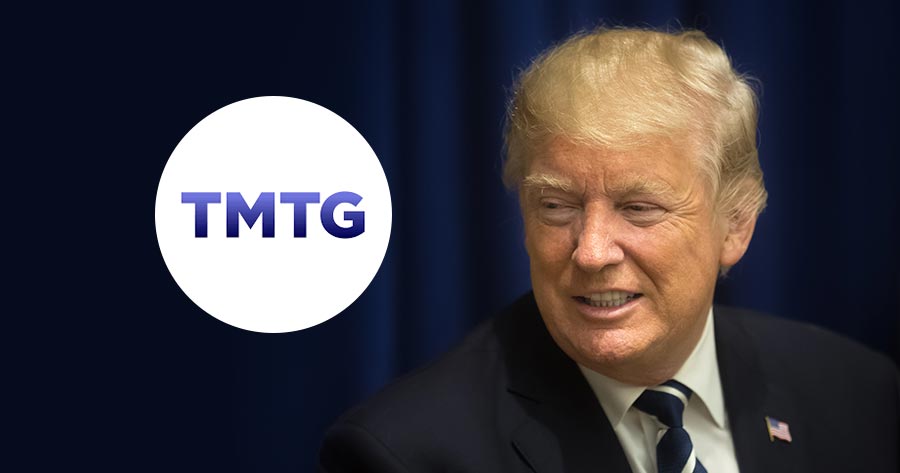On Monday, Trump Media’s share rose more than 21% after his campaign rally in New York City.
Donald Trump’s Truth Social operator stock closed at $47.36 per share, outshining the company’s recent record in July when its stocks shot up after a failed assassination attempt on Trump’s life during his rally in Pennsylvania.
The spike in July was shortly followed by a major sell-off in late September that caused DJT price to drop below $12 per share.
However, DJT stock bounced back in October, as the presidential race between Donald Trump, the Republican candidate, and Kamala Harris, the Democratic candidate, has entered its final lap.
Donald Trump owns almost 57% of Trump media, a stake that totaled around $5.4 billion during Monday’s intraday high. According to Forbes, Trump’s stake in the company contributes to over half of his on-paper net worth.
Trump’s stake in DJT has increased in value by $4 billion in the week since the company hit its low from the late-September sell-off.
Meanwhile, Trump Media released a separate streaming platform, Truth+, and announced the resignation of the company’s chief operating officer.
Analysts have suggested multiple times that Trump Media’s impressive market value and erratic stock movement do not necessarily correlate to the company’s news or Truth Social’s performance, which generate a minuscule amount of user base and revenue.
Instead, Truth Media stocks are an outlet for many Trump supporters to invest and support his bid for presidency, and as a proxy for betting on his odds of getting elected.
The spike on Monday may indicate trader confidence in Trump after his campaign rally in Madison Square Garden, New York City, which drew many Trump supporters into the middle of the metropolis.
Trump Media’s recent hike has followed a shift in Republican’s favor on various political betting sites like Polymarket and Kalshi, even though the poll shows a much closer race.
This is largely due to election gambling platforms using different methods from traditional polls and should not be used as a substitute for an actual political poll.
Meanwhile, many critics have raised concerns over potential manipulation in the election betting market.





